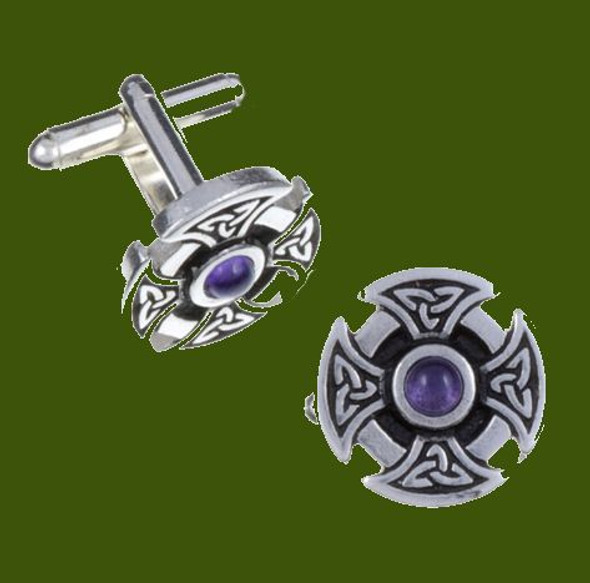Description
Mens Stylish Pewter Tie Bar
Knotwork Detail Mens Tie Bar
measures 62.00mm (2.44 inches) long x 17.00mm (0.66 inches) wide
Celtic Cross Knotwork Design
These Amethyst Celtic Cross Knotwork Mens Tie Bar motif is exquisitely handcrafted in beautiful Stylish Pewter. Each tie bar has an intricated knotwork pattern to highlight the design even further. This tie bar is created in high detail. The Celts used knotwork to decorate many of their artifacts. To them, the intricate patterns woven into spirals and knots symbolise the continuity of life.
This tie bar measures approximately 62.00mm (2.44 inches) long x 17.00mm (0.66 inches) wide. The tie bar features a nickel-plated sprung steel clip. Supplied in a satin and velvet gift box. In the centre of the celtic cross knotwork decorated tie bar is a cabachon Amethyst stone.
PLEASE ENQUIRE
This handcrafted Tie Bar will become family treasures that will last through the ages!
This item is made in the United Kingdom. Please be advised that your item needs to be cast and made before it can be sent to you. Please allow sufficient time for your order to arrive.
Perfect for any occasion. This is a gift that will be proudly worn by any member of your family.
Questions welcome at anytime, my door is always open for assistance.
A BRIEF HISTORY OF THE CELTS
For 800 years the Celts were the most powerful people in central and northern Europe. There were many tribes of Celts who spoke related languages,shared similar customs and beliefs, and created works of art in closely connected styles. Invaders, such as the Romans, eventually drove them from their lands, although they never managed to conquer all the Celts, with parts of Scotland, Wales, Cornwall and Ireland continuing under Celtic rule until about AD1100. It is in these lands that Celtic art and designs survived, carved into stone crosses and discovered on jewellery and ornaments. Religious scholars and monks adopted the traditions of Celtic art, creating illuminated texts such as the Book of Kells. The Celtic Cross evolved, with the circle that surrounds the cross symbolising the "great wheel of life" and knotwork denoting the binding of the soul to the world.















